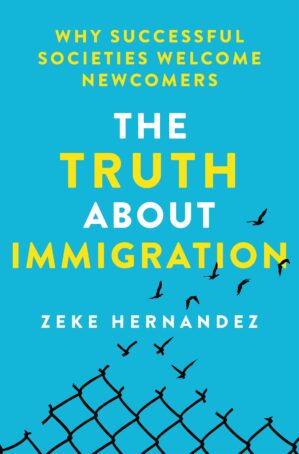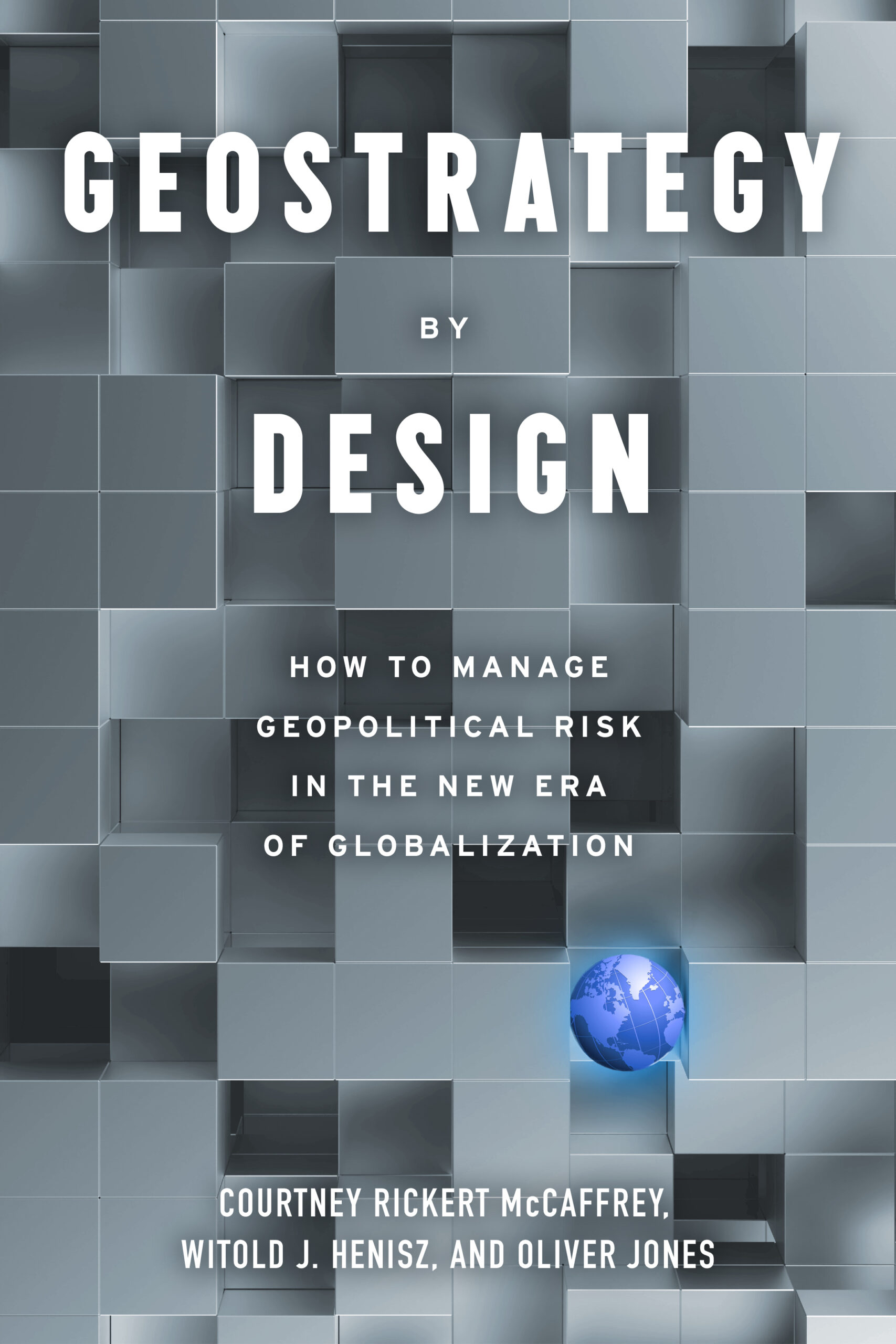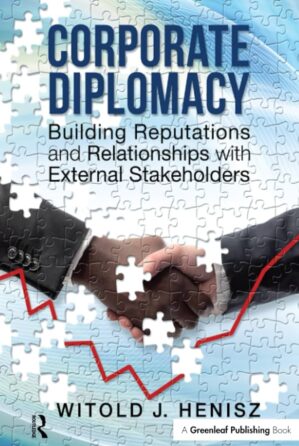At a time of unprecedented social and political change, companies are struggling to manage political risks and challenges from a changing population. The Political Risk and Identity Lab is undertaking a program of activity that explores the relationship between political risk, demographic change, and corporate performance. We aim to help organizations translate political and social uncertainty and transformation into strategies that create, preserve, and realize value by providing academically rigorous, practically relevant research.
Featured Research
Immigration and Business
- Common Bonds: How Immigrants Can Influence a Firm’s Foreign Expansion
- Do Foreign Firms Thrive in Immigrant Enclaves? O Da!
- Does Employing Skilled Immigrants Enhance Competitive Performance? Evidence from European Football Clubs
- How Immigrant Entrepreneurs Pave the Way for Foreign VC Investments
- How Ties to Ethnic Communities Influence Global Firm Expansion
- When immigrants come to the U.S., investments often follow

Business and Conflict Barometer
At the frontier of big data and conflict analysis, The Business & Conflict Barometer dramatically lowers the barriers for interested parties to explore and gain an understanding of the dynamics of the private sector, conflict, and peaceful development in Africa at the granular level of companies, locations, sectors, or contexts: for research; for policy, project, or investment planning; for due diligence; and for monitoring and evaluation.
Gold Mine Studies
In five published papers, Witold Henisz, Sinziana Dorobantu and Lite Nartey demonstrate the materiality of stakeholder engagement for 19 publicly traded gold mining companies, show that positive stakeholder sentiment is particularly valuable during a crisis, and analyze different strategies for earning and maintaining stakeholder support. These academic papers have been widely summarized in popular and industry-facing media including Brunswick Review, Harvard Law School Forum on Corporate Governance, Knowledge at Wharton, Knowledge at Wharton (2nd piece), the Motley Fool, PennGazette, and Triple Pundit.
- Spinning gold: The financial returns to stakeholder engagement
- Not All Sparks Light a Fire: Stakeholder and Shareholder Reactions to Critical Events in Contested Markets
- Status Climbing vs. Bridging: Multinational Stakeholder Engagement Strategies
- Reciprocity in Firm–Stakeholder Dialog: Timeliness, Valence, Richness, and Topicality
- Firm–Stakeholder Dialogue and the Media: The Evolution of Stakeholder Evaluations in Different Informational Environments
Practical Application of Geostrategy with EY


Faculty Leadership

WITOLD (VIT) HENISZ
Vice Dean, ESG Initiative
Deloitte & Touche Professor of Management
Faculty Co-Director, Political Risk and Identity Lab

EXEQUIEL (ZEKE) HERNANDEZ
Max and Bernice Garchik Family Presidential Associate Professor
Faculty Co-Director, Political Risk and Identity Lab
Featured Faculty and Scholars
Aparajita Agarwal
Doctoral Candidate
Nathan Barrymore
Assistant Professor of Business, Government, and Society, The University of Texas at Austin’s McCombs School of Business
Matthew Bidwell
Xingmei Zhang and Yongge Dai Professor, Professor of Management
Christopher Bruno
Doctoral Student
Zorina Chen
Doctoral Student
Brian D. Feinstein
Assistant Professor of Legal Studies & Business Ethics
Lauren Ferry
Assistant Professor of Political Science at the University of Mississippi
Michael Gavin
Assistant Professor of Human Dimensions of Natural Resources, Colorado State University School of Global Environmental Sustainability
Brian Ganson
Professor and Head of the Centre on Conflict & Collaboration, Stellenbosch Business School
Britta Glennon
Assistant Professor of Management
Anastasia Gracheva
Doctoral Student
Tony L. He
Assistant Professor in the Management and Global Business Department, Rutgers Business School
Anne Jamison
Assistant Professor of International Economics, Government & Business, Copenhagen Business School
Jaeho Kim
Doctoral Student
J. Daniel Kim
Assistant Professor of Management
Seyoun Kim
Doctoral Student
Saerom (Ronnie) Lee
Assistant Professor of Management
Claudia Liuzza
DUCIGS Rethinking Diplomacy Program Fellow, Duke University
Claudio Lucarelli
Associate Professor of Health Care Management
Lynn Meskell
PIK Professor of Anthropology, Professor of Historic Preservation, Weitzman School of Design
Kate Odziemkowska
Assistant Professor, Joseph L. Rotman School of Management, University of Toronto
Rachelle Sampson
Associate Professor of Logistics, Business and Public Policy, Smith School of Business, University of Maryland
Sagar Saxena
Assistant Professor of Business Economics and Public Policy
Guilherme Siqueira de Carvalho
Doctoral Student
Doron Tadmor
Doctoral Student
Timothy Werner
Professor of Business, Government & Society, The University of Texas at Austin’s McCombs School of Business
Tyler Wry
Associate Professor of Management
A Brief History
Recognizing the emerging needs of its students and society at large, Wharton unified several research centers, each with an extensive history of expertise in environmental, social, and governance topics, to form the ESG Initiative on July 1, 2022. The Political Risk and Identity Lab was uniquely positioned to join the ESG Initiative for its investigation of social issues through the geopolitical lens.


